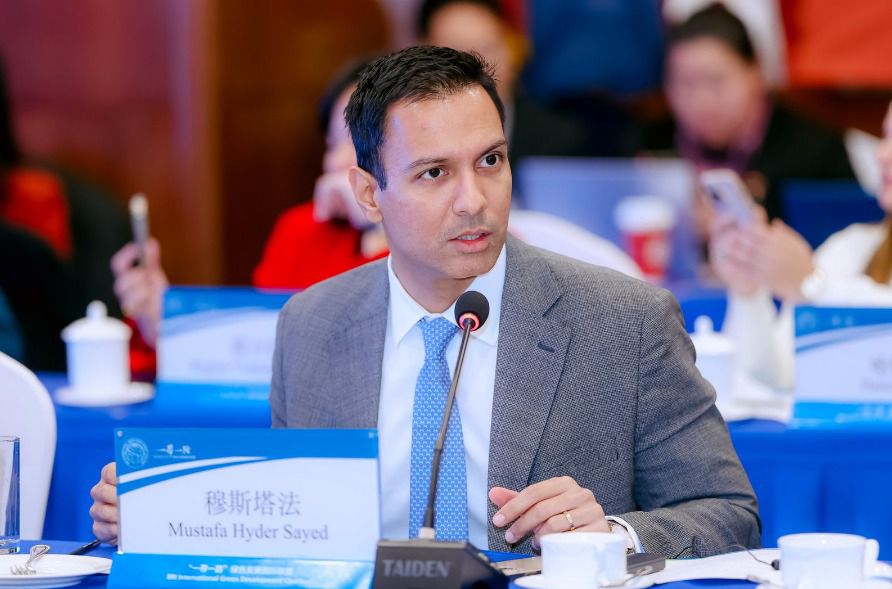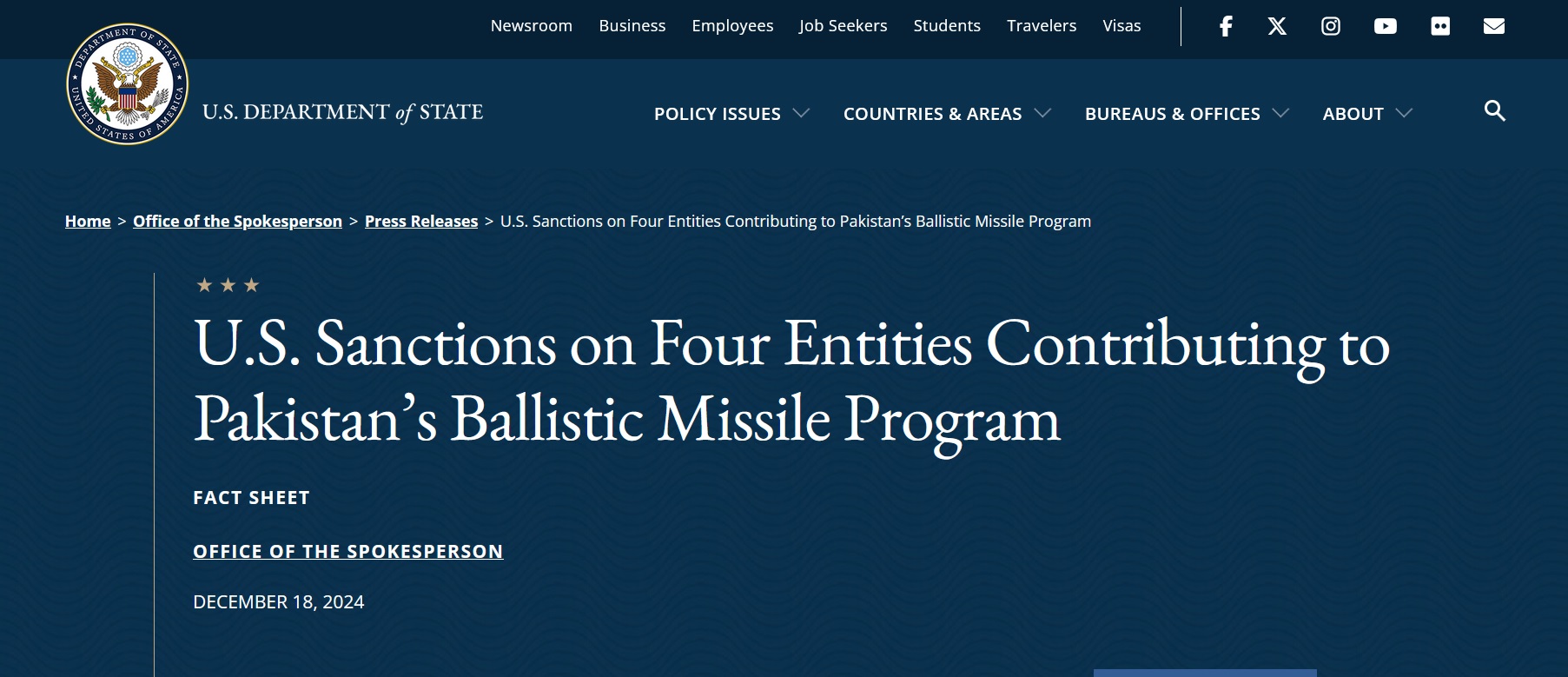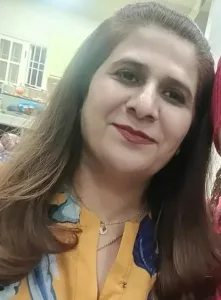Islamabad, Pakistan: After getting approval from the Supreme Court this week, the military courts announced the verdict of the May 9 2023 Mutiny case on Saturday punishing 25 culprits involved in the May 9, 2023 vandalism.

On 9 May 2023, the nation witnessed tragic incidents of politically provoked violence and arson at multiple places, marking a dark chapter in the history of Pakistan. Building on a sustained narrative of hate and lies, politically orchestrated attacks were carried out on the installations of the Armed Forces including desecration of the monuments of Shuhada.
These blatant acts of violence not only shocked the nation but also underscored the necessity of checking this unacceptable attempt of political terrorism to impose its own perverted will through violence and coercion.
Sequel to the events of this ‘Black Day’, through meticulous investigations, irrefutable evidence was collected to legally prosecute the accused involved in the 9th May tragedy. Certain cases were subsequently referred for Field General Court Martial as per law, where they underwent trials following due process.
On 13 December 2024, a seven-member Constitutional Bench of the Supreme Court of Pakistan directed that the cases pending due to an earlier order of the Supreme Court be finalized and judgments in the cases of those accused found involved in these violent incidents be announced.
The sentences of the other accused are also being announced as soon as their legal process is completed. The decision on the sentences of May 9 is an important milestone in the provision of justice for the nation. The sentences of May 9 are a clear message to all those who are exploited by a few vested interests. These sentences are a warning to those who fall victim to political propaganda and poisonous lies to never take the law into their own hands in the future.
The details of the 25 convicted accused are as follows:
1. Jan Muhammad Khan, son of Toor Khan, involved in the Jinnah House attack, sentenced to 10 years in prison with hard labor
2. Muhammad Imran Mehboob, son of Mehboob Ahmed, involved in the Jinnah House attack, sentenced to 10 years in prison with hard labor
3. Raja Muhammad Ehsan, son of Raja Muhammad Maqsood, involved in the GHQ attack, sentenced to 10 years in prison with hard labor
4. Rehmatullah, son of Manjoor Khan, involved in the Punjab Regimental Center Mardan attack, sentenced to 10 years in prison with hard labor
5. Anwar Khan, son of Muhammad Khan, involved in the PAF base Mianwali attack, sentenced to 10 years in prison with hard labor
6. Muhammad Afaq Khan, son of M. Ashfaq Khan, involved in the Bannu Cantt attack, was sentenced to 9 years in prison with hard labor.
7. Dawood Khan, son of Amir Zeb, involved in the Chakdara Fort attack, was sentenced to 7 years in prison with hard labor.
8. Faheem Haider, son of Farooq Haider, involved in the Jinnah House attack, was sentenced to 6 years in prison with hard labor.
9. Zahid Khan, son of Muhammad Khan, involved in the Multan Cantt check post-attack, was sentenced to 4 years in prison with hard labor.
10. Yasir Nawaz, son of Amir Nawaz Khan, involved in the Punjab Regimental Center Mardan attack, was sentenced to 2 years in prison with hard labor.
11. Abdul Hadi, son of Abdul Qayyum, involved in the Jinnah House attack, was sentenced to 10 years in prison with hard labor.
12. Ali Shan, son of Noor Muhammad, involved in the Jinnah House attack, was sentenced to 10 years in prison with hard labor.
13. Dawood Khan, son of Shad Khan, involved in the Jinnah House attack, was sentenced to 10 years in prison with hard labor.
14. Umar Farooq, son of Muhammad Sabir, involved in the GHQ attack, was sentenced to 10 years in prison with hard labor.
15. Babar Jamal son of Muhammad Ajmal Khan, involved in the PAF base Mianwali attack, sentenced to 10 years in prison with hard labor
16. Muhammad Hasher Khan son of Tahir Bashir, involved in the Jinnah House attack, sentenced to 6 years in prison with hard labor
17. Muhammad Ashiq Khan son of Naseeb Khan, involved in the Jinnah House attack, sentenced to 4 years in prison with hard labor
18. Khurram Shahzad son of Liaquat Ali, involved in the Multan Cantt check post attack, sentenced to 3 years in prison with hard labor
19. Muhammad Bilawal son of Manzoor Hussain, involved in the Jinnah House attack, sentenced to 2 years in prison with hard labor
20. Syed Alam son of Maazullah Khan, involved in the Punjab Regimental Center Mardan attack, sentenced to 2 years in prison with hard labor
21. Laiq Ahmed son of Manzoor Ahmed, involved in the ISI office Faisalabad attack, sentenced to 2 years in prison with hard labor
22. Ali Iftikhar son of Iftikhar Ahmed, involved in the Jinnah House attack, sentenced to 10 years in prison with hard labor
23. Ziaur Rehman son of Azam Khurshid, involved in the Jinnah House attack, was sentenced to 10 years in prison with hard labor.
24. Adnan Ahmed son of Sher Muhammad, involved in the Punjab Regimental Center Mardan attack, was sentenced to 10 years in prison with hard labor.
25. Shakirullah son of Anwar Shah, involved in the Punjab Regimental Center Mardan attack, was sentenced to 10 years in prison with hard labor.
Cases are also pending against several accused in various anti-terrorism courts. True justice will be served when the masterminds and planners of May 9 are brought to justice. Punishment will be given according to the constitution and law. The state of Pakistan will ensure the rule of law by providing complete justice in the incidents of May 9. By providing justice in the May 9th case, the misguided and destructive politics based on violence will be buried. According to the constitution and law, all convicted criminals have the right to appeal and other legal remedies





 The author Dr. Attia Anwar is a consultant family physician with a postgraduate degree from the Royal College of GP UK. She is a strong advocate of health and well-being and wants patient participation in decision-making regarding health.
The author Dr. Attia Anwar is a consultant family physician with a postgraduate degree from the Royal College of GP UK. She is a strong advocate of health and well-being and wants patient participation in decision-making regarding health.




